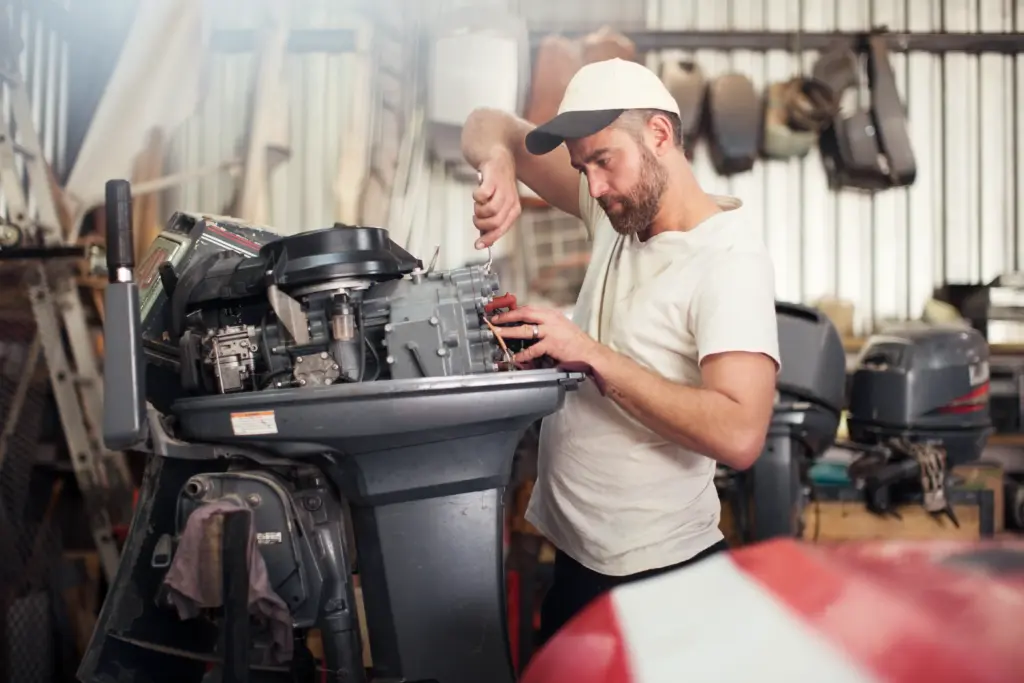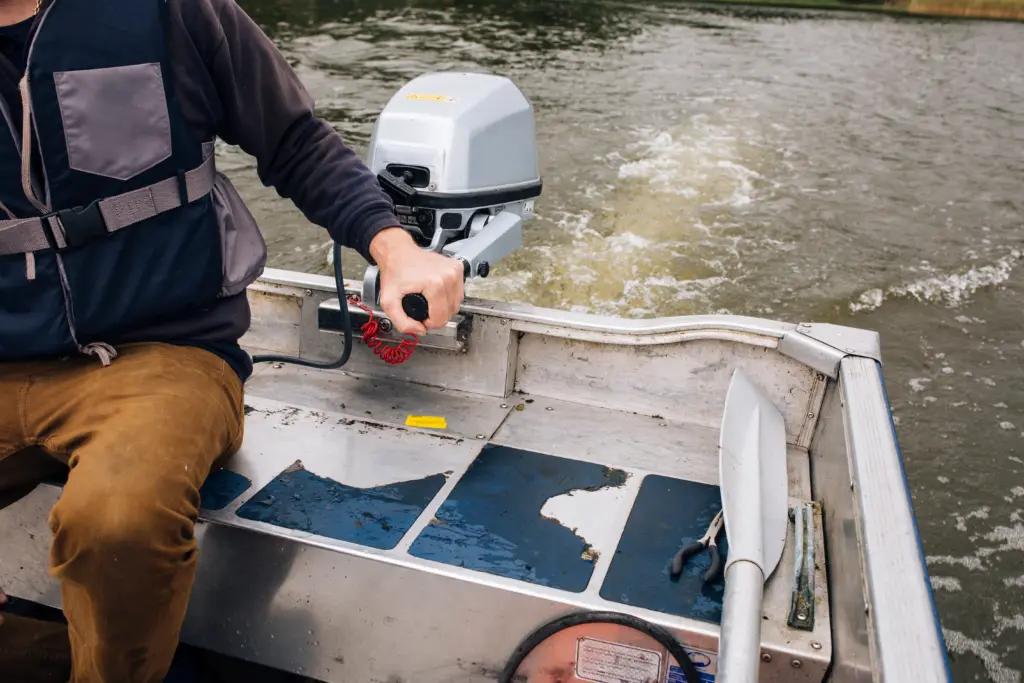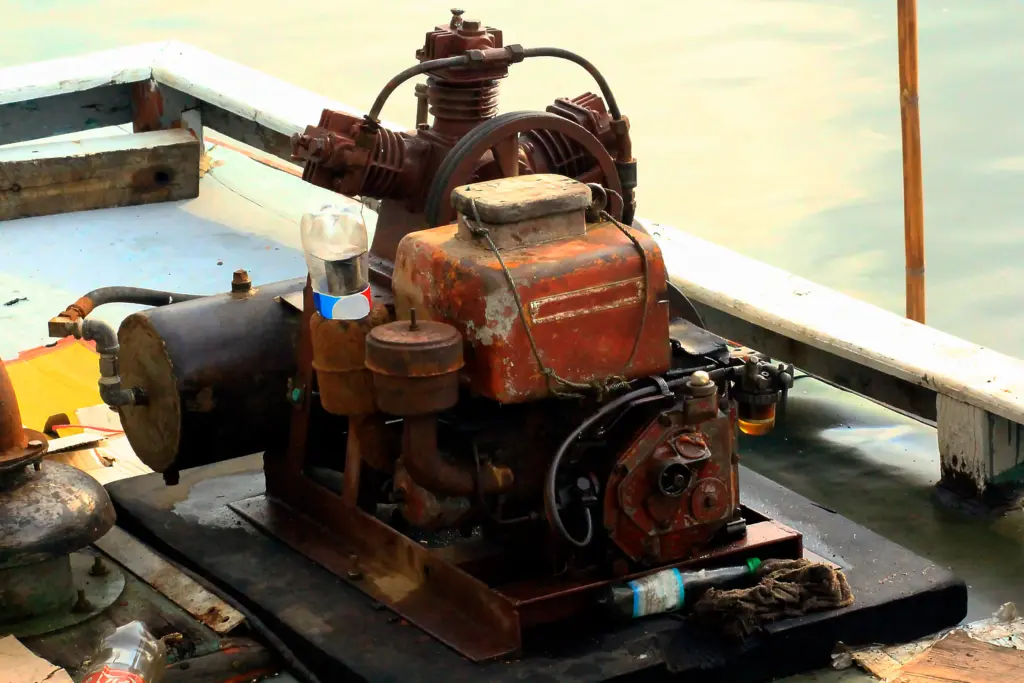For anyone buying, upgrading, or repowering a vessel, one of the most practical questions is how much do boat motors cost? Prices can vary dramatically depending on horsepower, brand, technology, and whether the motor is outboard, inboard, or electric. Understanding what drives these price differences helps boaters budget wisely and make informed financial decisions. Whether you’re powering a small fishing boat or a luxury yacht, knowing the true cost of marine engines ensures better long-term value and performance.

Motor Types and Pricing
Boat motors fall into several categories, each with its own cost structure. Outboard motors are the most common and range from small portable units costing under $2,000 to high-output models exceeding $40,000. Inboard motors, which are installed inside the hull, typically range between $10,000 and $70,000 depending on size and configuration. Jet propulsion systems and electric outboards are newer options that bring innovation but often at a higher price point. Knowing which type suits your vessel best is key when exploring how much do boat motors cost overall.
Small and Mid-Range Outboards
For smaller boats, portable outboards between 2 and 25 horsepower provide affordable and efficient power. Prices typically range from $1,000 to $5,000. Mid-range outboards, used for pontoon and fishing boats, often deliver 50 to 150 horsepower and cost between $7,000 and $18,000. These motors balance fuel efficiency and reliability for recreational users. Most major brands, including Yamaha, Mercury, and Honda, offer models in this segment, known for their ease of maintenance and dependable performance.
High-Performance and Offshore Motors
High-performance outboards and inboards used for offshore fishing or sport boating can cost significantly more. Powerful twin or triple-engine setups can easily exceed $100,000. These motors use advanced technologies like supercharging, digital throttle systems, and integrated controls. For buyers financing large vessels or upgrading existing boats, programs such as boat loan pre-approval help manage these costs with structured payment plans that align with ownership goals.

Factors That Influence Price
When comparing how much do boat motors cost, it’s important to consider what affects pricing beyond size and horsepower. Key factors include brand reputation, materials used, emission standards, and regional availability. Advanced motors with digital integration and corrosion-resistant materials tend to cost more. Additionally, newer models with enhanced fuel efficiency and noise reduction systems command premium prices. These innovations may increase initial cost but offer better long-term reliability and performance.
Fuel Type and Engine Technology
Gasoline engines remain the most common for recreational boats, while diesel motors dominate the commercial sector. Diesel engines have higher upfront costs—often 20% to 40% more—but last significantly longer and are more fuel-efficient. Electric and hybrid propulsion systems are emerging alternatives, appealing to environmentally conscious buyers. While electric systems can exceed $25,000 for mid-range setups, they offer quiet operation and low maintenance over time.
Maintenance and Ownership Costs
The purchase price is only part of the equation. Annual maintenance, including oil changes, filters, and corrosion prevention, adds to total ownership costs. For example, maintaining a mid-sized outboard might cost around $500 to $1,000 per year. Larger engines require professional service and more expensive components. Factoring these recurring expenses helps owners plan more accurately. Owners who refinance through boat refinancing can include maintenance and upgrades within their financial structure, spreading costs more evenly.

Used vs. New Boat Motors
Buying used motors can reduce costs but requires careful inspection. A well-maintained used outboard can perform nearly as well as new for half the price. However, buyers should verify service records and conduct compression tests before purchasing. Warranties and manufacturer support are limited on used motors, so factoring in potential repair costs is essential. For new motors, warranties and dealer service options justify the higher price by offering peace of mind and long-term reliability.
Comparing Brands and Reliability
Popular brands such as Yamaha, Mercury, Suzuki, and Honda dominate the market for good reason—they offer consistent performance and widespread service networks. Prices for similar horsepower may vary slightly depending on technology packages and warranty terms. Independent testing from the National Marine Manufacturers Association (NMMA) shows minimal difference in reliability among leading brands, meaning buyers can focus more on local support and financing options rather than just sticker price.
Installation and Additional Equipment
Installation can add several thousand dollars to the total cost of a new motor. Rigging hardware, digital gauges, fuel lines, and propellers all contribute to final pricing. For repowers, labor and parts can total 10% to 20% of the motor’s price. Choosing professional installation ensures proper setup and maintains warranty coverage. Planning for these costs upfront avoids budget surprises later.

Economic and Regional Pricing Trends
Boat motor prices fluctuate based on economic conditions and supply chain trends. During periods of high demand, like peak boating seasons, prices may rise slightly due to limited inventory. Global shipping costs, raw material prices, and currency exchange rates also play roles in determining final prices. Keeping an eye on seasonal promotions or financing programs can help reduce expenses significantly.
Financing and Payment Options
Marine engines represent a major investment, and financing makes it easier for owners to afford high-quality motors without upfront strain. Float Finance offers flexible terms for both new purchases and upgrades. Financing allows owners to spread payments, preserve cash flow, and upgrade to more efficient or powerful systems sooner. For long-term owners, structured plans can turn large expenditures into manageable investments that improve safety and performance.

Resale and Long-Term Value
Engines from top brands maintain resale value better than lower-tier alternatives. A newer, well-maintained motor can add considerable value to a used boat, increasing its market appeal. Buyers asking how much do boat motors cost should consider not just purchase price but the residual value when it comes time to sell or upgrade. Regular maintenance, documentation, and service records help preserve that value for years.
Conclusion
So, how much do boat motors cost? Depending on size and purpose, prices range from a few thousand dollars for small outboards to more than $100,000 for high-performance systems. Factors such as technology, materials, and brand reputation drive these differences. Smart financing solutions, available through Float Finance, make owning or upgrading to a modern, efficient engine easier than ever. With proper care and financial planning, boat owners can enjoy the benefits of power, reliability, and value on every journey.
